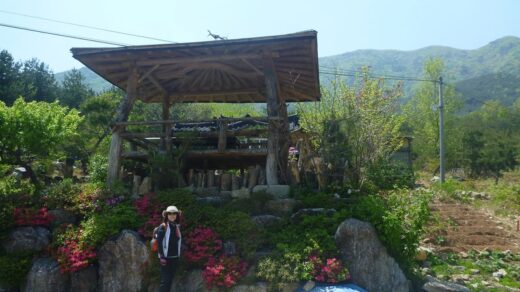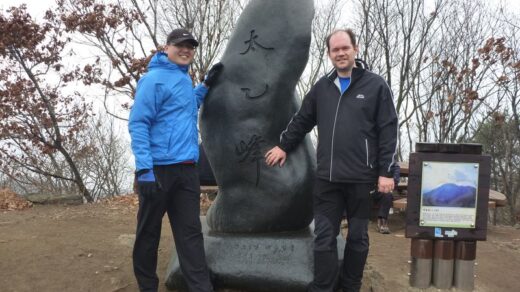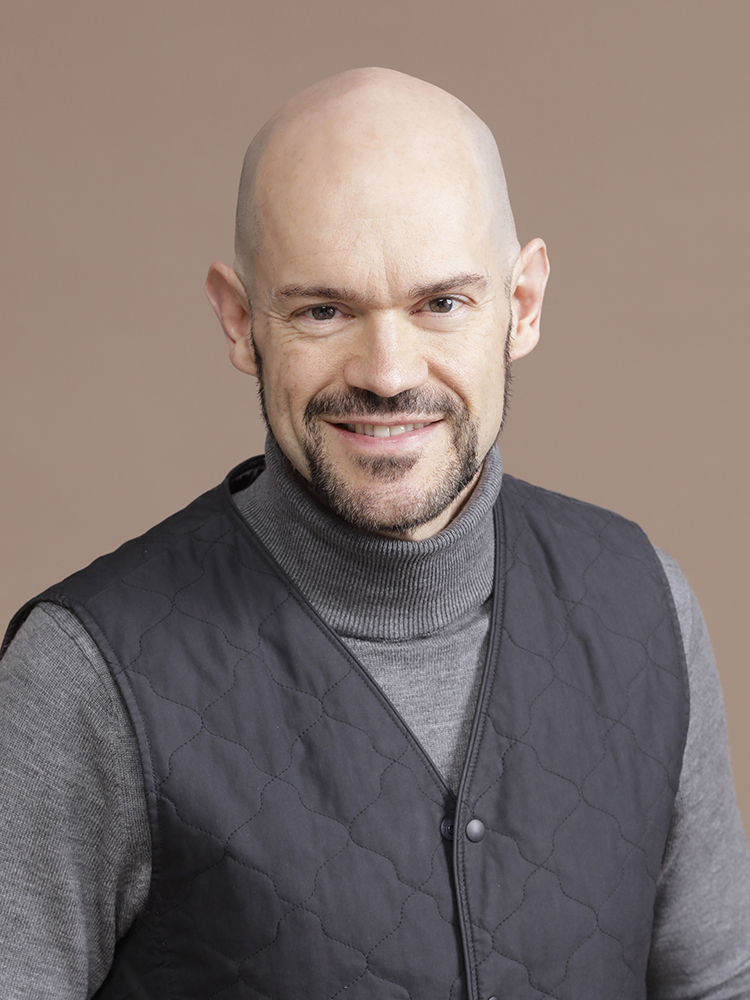Korea is known as the Land of the Morning Calm, and indeed, Koreans are the epitome of the yin and yang, deep meditation over a cup of tea and all things mellow. They don’t work hard, they take long naps in the afternoon, spend lots of time reflecting on the deeper meanings of life through martial arts and calligraphy, and are all around easy-going folks….
Umm… Not exactly…
Apparently, a European visited Korea long ago and coined the term "Land of the Morning Calm" based on a faulty understanding of the country. Even if it might have been a bit true back then, sometime in the last century, that reference to Korea became completely anacronystic.
Today, Korea is a dynamic, fast-moving place and Koreans work longer hours than just about anybody in the world. This is a point of some pride to Koreans and the phrase “fast, fast” (빨리 빨리 in Korean) is a modern buzzword.
There’s a saying among high school students that in the highly competitive process for getting into college, those who sleep five hours per night get into the mediocre colleges but those who wanting to reach the top universities should only sleep four hours (presumably because they're studying so hard the rest of the time).
This cultural rat race makes its way into the language, too. In the West, when we talk to someone in business on the phone, we might close with “Take it easy” or “Don’t work too hard”.
But when Koreans greet someone in business, they open with “You’re working hard” and when closing (such as hanging up the phone or walking away), they say, “Work hard”… or even, if the the person is really struggling with something, “Suffer a lot!”.
Gee whiz… That seems so mean and unsympathetic… But that’s the way it is.
And when translating emails, letters or transcripts of phone conversions between Korean and English, this comes up a lot. The decision of whether to localize for the audience generally depends on the direction of the translation.
Korean Translation Tip – If a document is being translated from Korean to English to help the client know exactly what was in the Korean document, then I generally leave the “working hard” greetings as-is. On the other hand, if an English document is being translated to Korean in order to be sent to a Korean readership, then changing “take it easy” types of greetings to “work hard” is generally advisable.
BTW, awhile back I covered other aspects of greetings in Korean, including this one about the question mark at the end of hello and a tricky situation when it comes to addressing people in written greetings.



